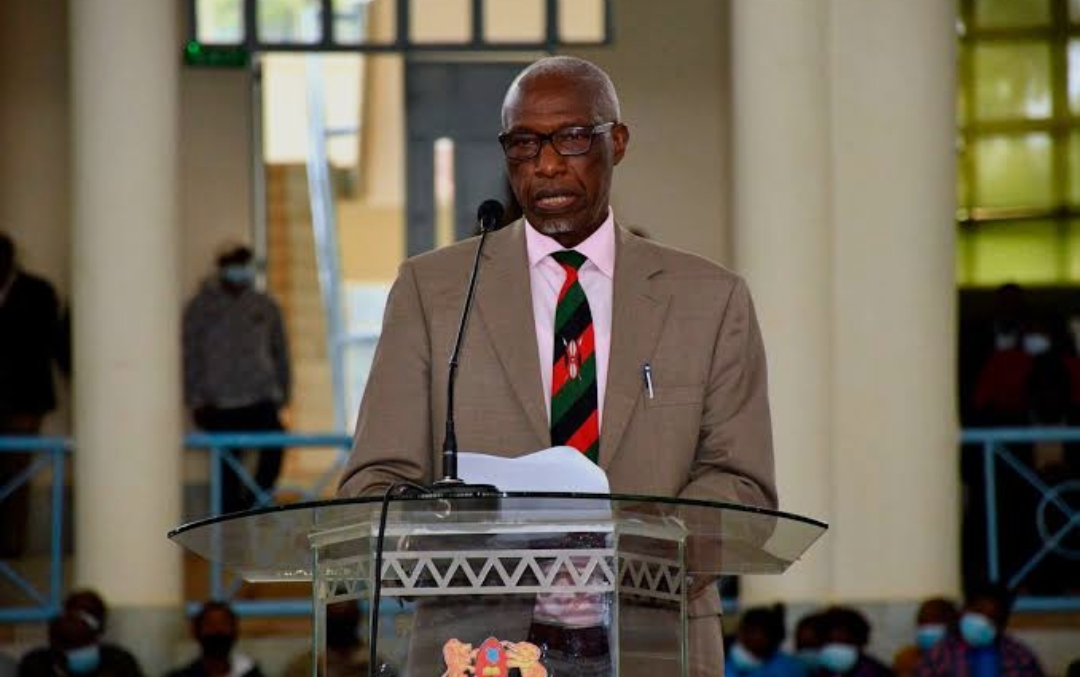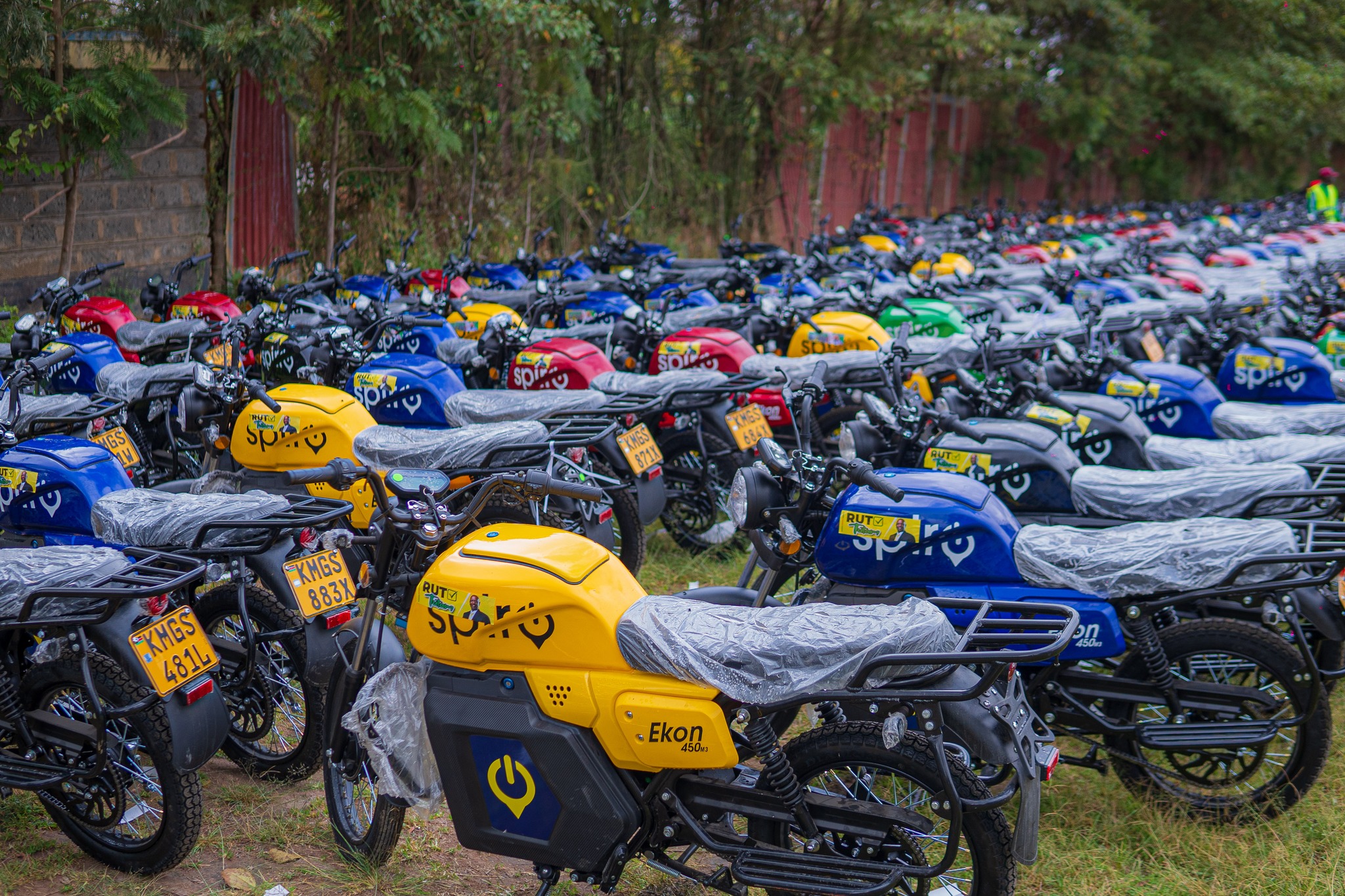As Rwanda and Tanzania begin testing the interlinking of their national payment systems, East Africa is taking a decisive step toward a future where money will move as freely as people and goods across the region.
The pilot, which connects Tanzania’s Instant Payment System (TIPS) and Rwanda’s National Payment Switch (RSwitch), may seem like a technical exercise but its potential impact is far-reaching.
It marks the first tangible move toward a single regional instant payment network where citizens and businesses will be able to send and receive money across borders instantly, securely and at minimal cost.
For millions of East Africans who depend on cross-border trade and remittances, this could transform daily life.
Today, sending money from one country to another often involves high fees, currency conversions, and days of waiting. The new system promises to change that bringing financial inclusion and digital connectivity closer to the grassroots.
Analysts say this development could catalyze a wave of digital trade and e-commerce growth, particularly for small and medium enterprises that rely on quick payments to sustain operations.
Once operational, the pilot will serve as a model for other East African Community (EAC) member states Kenya, Uganda, Burundi, South Sudan, the Democratic Republic of Congo and Somalia to join, forming the backbone of a borderless digital economy.
Beyond its financial benefits, the initiative represents a strategic leap toward regional integration. For years, East Africa’s unity efforts have focused on trade policies, customs, and infrastructure. Now, the integration is turning digital linking not just roads and markets, but also financial systems and digital wallets.
Experts say this shift could accelerate the long-awaited East African Monetary Union, as countries begin harmonizing their payment standards, cybersecurity systems, and financial regulations. The process is being coordinated under the Eastern Africa Regional Digital Integration Project (EARDIP), funded by the World Bank, which aims to build a modern, interconnected payment ecosystem that includes even rural and underserved communities.
At its core, the move signals a mindset shift: that digital transformation is now central to regional cohesion and prosperity. As EAC officials put it, this is not just about linking switches it’s about linking economies, opportunities, and people through technology.
If successful, the Rwanda–Tanzania pilot could mark the dawn of a new era one where an East African farmer, trader, or student can send money across borders as effortlessly as sending a text message.





